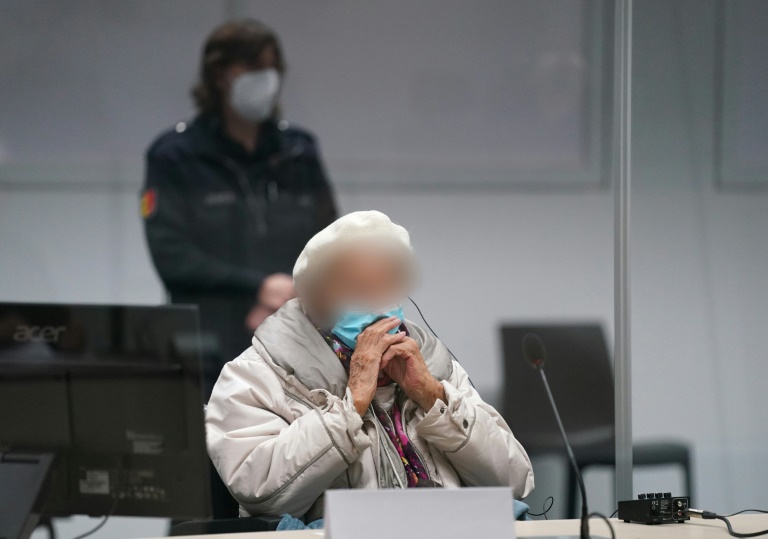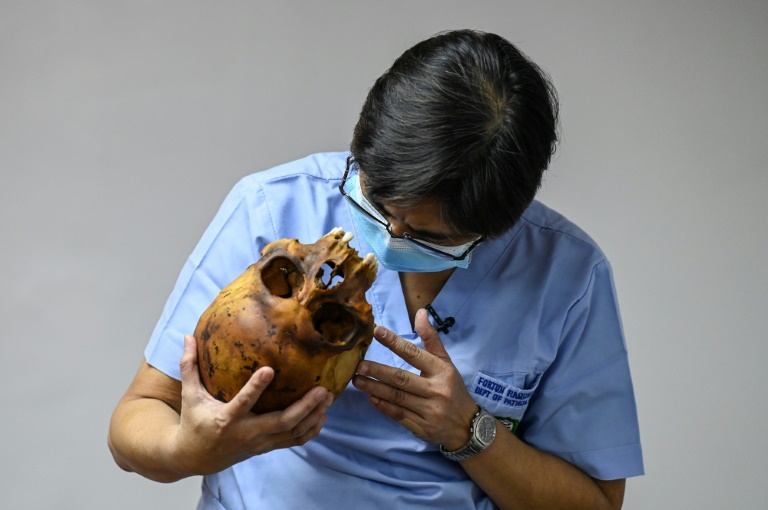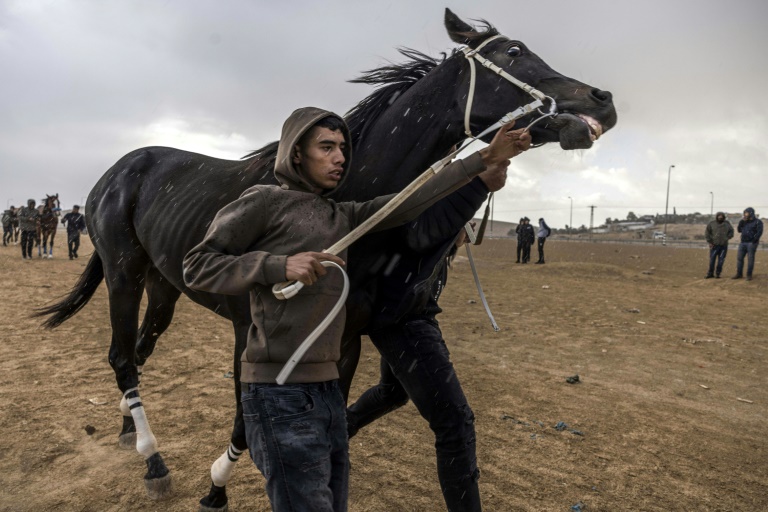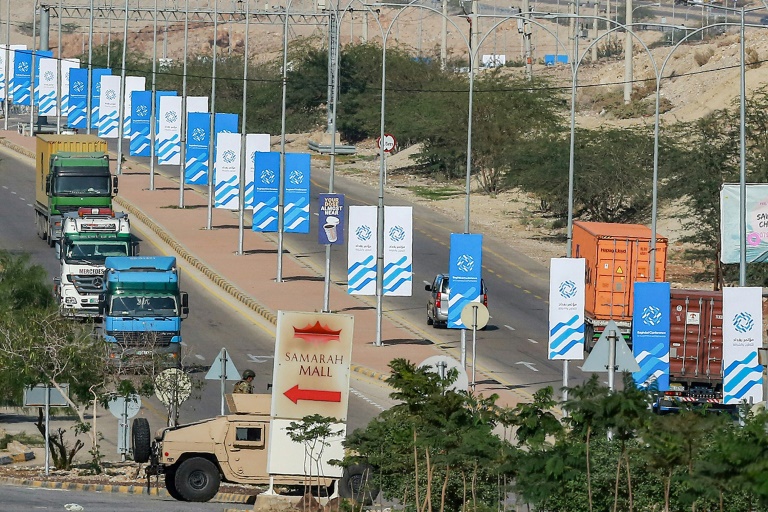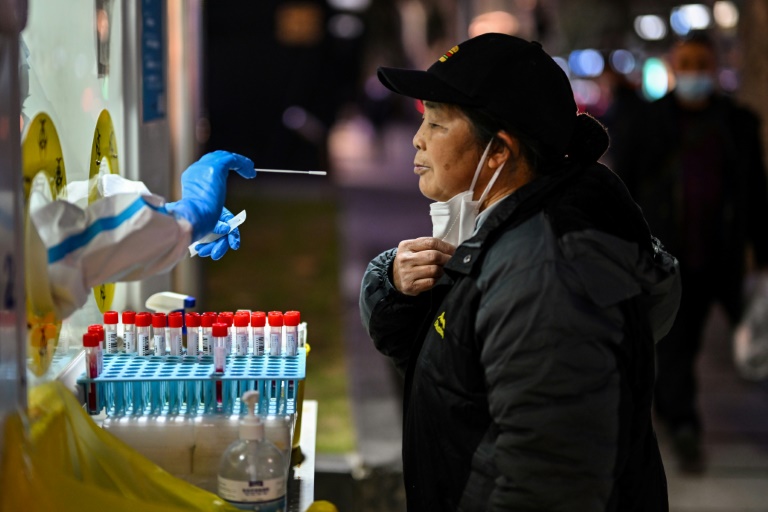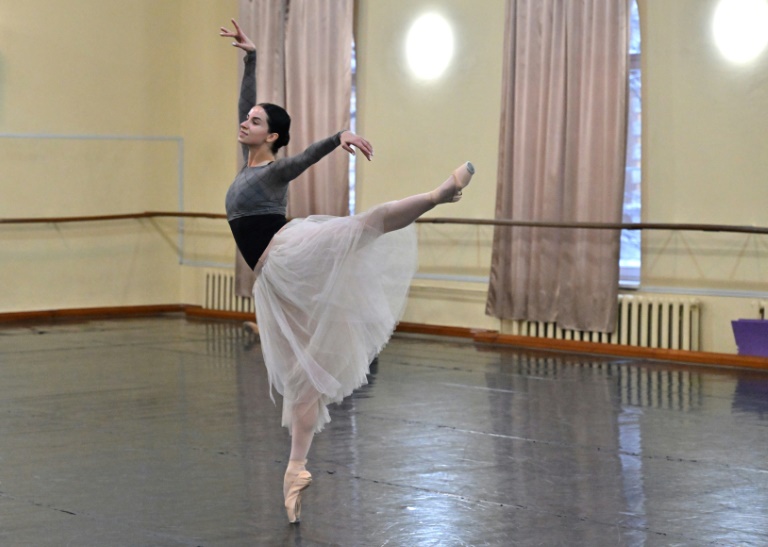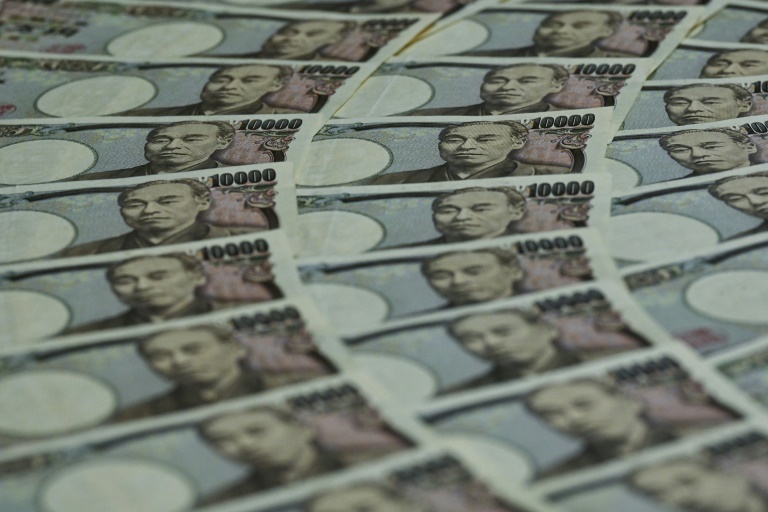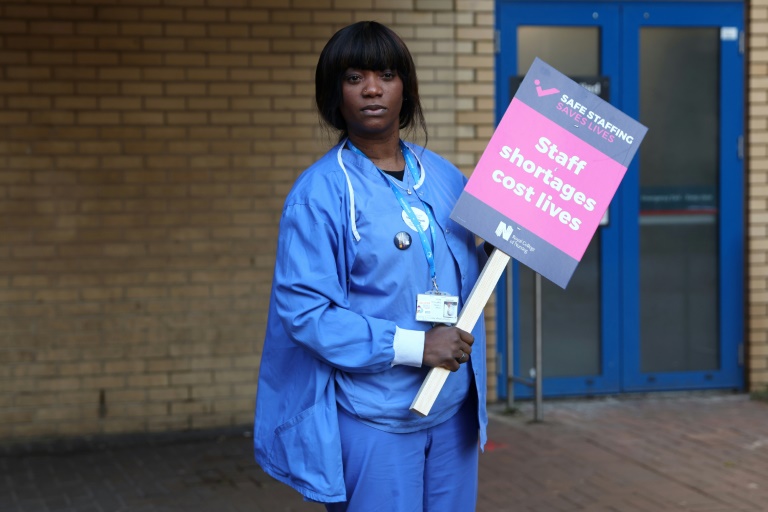Verdict due in German trial of ex-Nazi camp secretary
A German court is expected to deliver its verdict Tuesday in the case of a 97-year-old former Nazi camp secretary accused of complicity in the murder of more than 10,000 people.
In one of the country’s last Holocaust trials, prosecutors are seeking a two-year suspended sentence for defendant Irmgard Furchner for her alleged role in the “cruel and malicious murder” of prisoners at the Stutthof camp in occupied Poland.
Furchner, whose image the court ordered blurred in media photographs, expressed regret as the trial drew to a close this month, breaking her silence for the first time on the accusations.
“I’m sorry about everything that happened,” she told the regional court in the northern town of Itzehoe.
Furchner is the first woman to be tried in Germany for Nazi-era crimes in decades.
She had tried to abscond as the proceedings were set to begin in September 2021, fleeing the retirement home where she lives and heading to a metro station.
Furchner managed to evade police for several hours before being apprehended in the nearby city of Hamburg and held in custody for five days.
Her lawyers have called for her acquittal, saying the evidence presented in the course of the trial “had not shown beyond doubt” that she knew of the killings.
– ‘Last of its kind’ –
The defendant was a teenager when her alleged crimes were committed and has therefore been tried in a juvenile court.
An estimated 65,000 people died at the camp near today’s Gdansk, including “Jewish prisoners, Polish partisans and Soviet Russian prisoners of war”, prosecutors said.
Between June 1943 and April 1945, Furchner worked in the office of camp commander Paul Werner Hoppe.
According to the case against her, she took dictation of the SS officer’s orders and handled his correspondence.
Public prosecutor Maxi Wantzen late last month asked the judges to hand down a two-year suspended sentence, the longest possible without jail time.
“This trial is of outstanding historical importance,” Wantzen said, adding that it was “potentially, due to the passage of time, the last of its kind”.
Furchner has sat impassively in a wheelchair throughout the proceedings in which several Stutthof camp survivors have offered wrenching accounts of their suffering.
Wantzen thanked the witnesses, many of whom also served as co-plaintiffs, saying they had told of the “absolute hell” of the camp.
“They feel it is their duty, even though they had to summon the pain again and again to fulfil it,” she said.
– Time running out –
The prosecutor told the judges the defendant’s clerical work “assured the smooth running of the camp” and gave her “knowledge of all occurrences and events at Stutthof”.
Moreover, “life-threatening conditions” such as food and water shortages and the spread of deadly diseases including typhus were intentionally maintained and immediately apparent, she said.
Although the camp’s abysmal conditions and hard labour claimed the most lives, the Nazis also operated gas chambers and execution-by-shooting facilities to exterminate hundreds of people deemed unfit for labour.
Wantzen said that despite the defendant’s advanced age, it was “still important today to hold such a trial”, and to complete the historical record as survivors die off.
Seventy-seven years after the end of World War II, time is running out to bring to justice criminals linked to the Holocaust.
In recent years, several cases have been abandoned as the accused died or were physically unable to stand trial.
The 2011 conviction of former guard John Demjanjuk, on the basis that he served as part of Hitler’s killing machine, set a legal precedent and paved the way for several trials.
Since then, courts have handed down several guilty verdicts on those grounds rather than for murders or atrocities directly linked to the individual accused.

